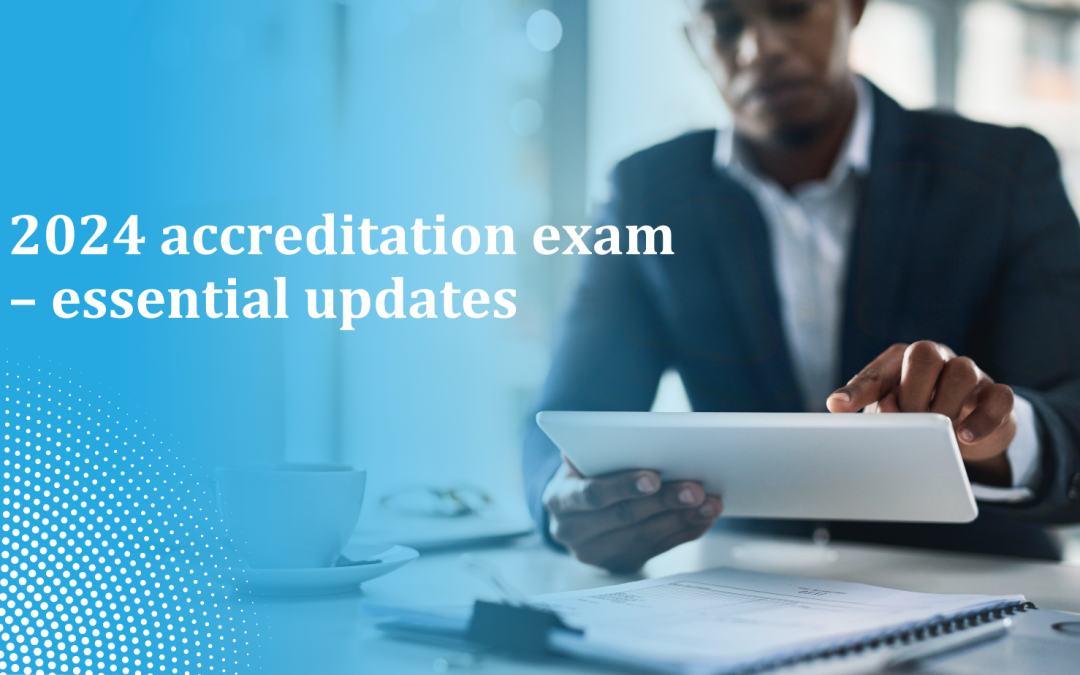From the Accreditation Board
The 2024 IPEd accreditation exam will be held on Monday 12 August 2024. Registrations will open on 12 February. For key dates, fees and how to register, see the 2024 exam registration page on the IPEd website. An updated version of the essential guide to the exam for 2024, the Guide for candidates, is available for download now.
How the new IPEd standards apply to the 2024 exam
This year’s accreditation exam will assess candidates’ skills and knowledge against the 3rd edition of the IPEd standards for editing practice. The new standards will be available on the IPEd website soon; until then, members can refer to the draft version emailed to them in November 2023.
The exam is an assessment of fundamental copyediting skills and knowledge in which all professional editors should be competent, regardless of their practice area or specialty. It does not assess candidates against every single standard or level of editing, nor does it assess a candidate’s expertise in specialist areas of editing.
The LANGUAGE part comprises short-answer and multiple-choice questions on language skills needed for copyediting, set out in standards D1 Clarity and D4 Grammar, spelling, punctuation and style.
For more detail, see Resources for the LANGUAGE part of the exam.
The MANUSCRIPT part is a practical exercise. It comprises a short extract of about 1,200 words for copyediting and a style sheet, both in MS Word format, that examines copyediting skills set out in the following standards:
- A7.1, A7.6 and A7.7 of A7 Tools and software for editing practice
- C2.5 of C2 Structural devices
- D1 Clarity
- D2 Voice and tone
- D3 Inclusive language
- D4 Grammar, spelling, punctuation and style
- D7 Illustrations and tables
- E1.2 of E1 Integrity
- E2.1, E2.2 and E2.4 of E2 Textual elements
- E3.1 and E3.2 of E3 Illustrations and tables.
For more detail on the specific standards that apply to this part, see Resources for the MANUSCRIPT part of the exam.
The KNOWLEDGE part comprises short-answer questions on general editing practice and knowledge. In 2024 this part will consist of:
- 2 compulsory questions drawn from the standards in Part A: Professional practice (which underpin the standards in Parts B to E), and
- 4 other questions, from which candidates may choose 2, drawn from the standards in Part B: Management and liaison; Part C: Substance and structure; Part D: Language and illustrations; and Part E: Completeness and consistency.
For details of the specific standards covered in each of the 2 compulsory and 4 other questions, see Resources for the KNOWLEDGE part of the exam.
The IPEd standards for editing practice also contains a useful glossary and will be available as a reference to all candidates in the 2024 exam. Candidates may use a digital version that will be preloaded onto their exam computers or may bring their own hard-copy version.
New sample exam documents
Work is well underway on updated sample exam documents that reflect recent changes to the accreditation exam. The new files, which will be available in February 2024 from the sample exam documents page, will comprise:
- a complete set of sample exam files (Instructions, LANGUAGE, MANUSCRIPT and KNOWLEDGE parts, with answer guides for each part)
- a bonus LANGUAGE part sample, with answer guide.
Candidates may continue to use the existing sample exams, on the understanding that the answer guides may contain answers that are out of date (especially where newer style manuals provide different guidance); and that the exam format has changed for the KNOWLEDGE part. Candidates should replace the older files with the newer ones as soon as they are released.
Additional practice questions can also be obtained in the exam preparation workshops.
Exam preparation workshops in March and May
The first two series of the Accreditation Board’s exam preparation workshops are now open for booking.
Each series comprises three 2-hour sessions on the following topics:
- Overall exam format, structure and marks; general exam strategies (e.g. time management); and LANGUAGE part.
- MANUSCRIPT part and exam strategies for on the day.
- KNOWLEDGE part and exam strategies for selecting and using resources.
Each session includes practical worksheets with sample questions for each part. Post-session handouts cover session content and worksheet answer guides.
Each series is held in the middle of the day to cover time zones from Aotearoa New Zealand to Western Australia. Get in early to secure your place on the dates and times that suit you:
- Series 1: Saturday 9, 16 and 23 March at 2 pm to 4 pm AEDT
- Series 2: Wednesday 1, 8 and 15 May at 12 pm to 2 pm AEST

